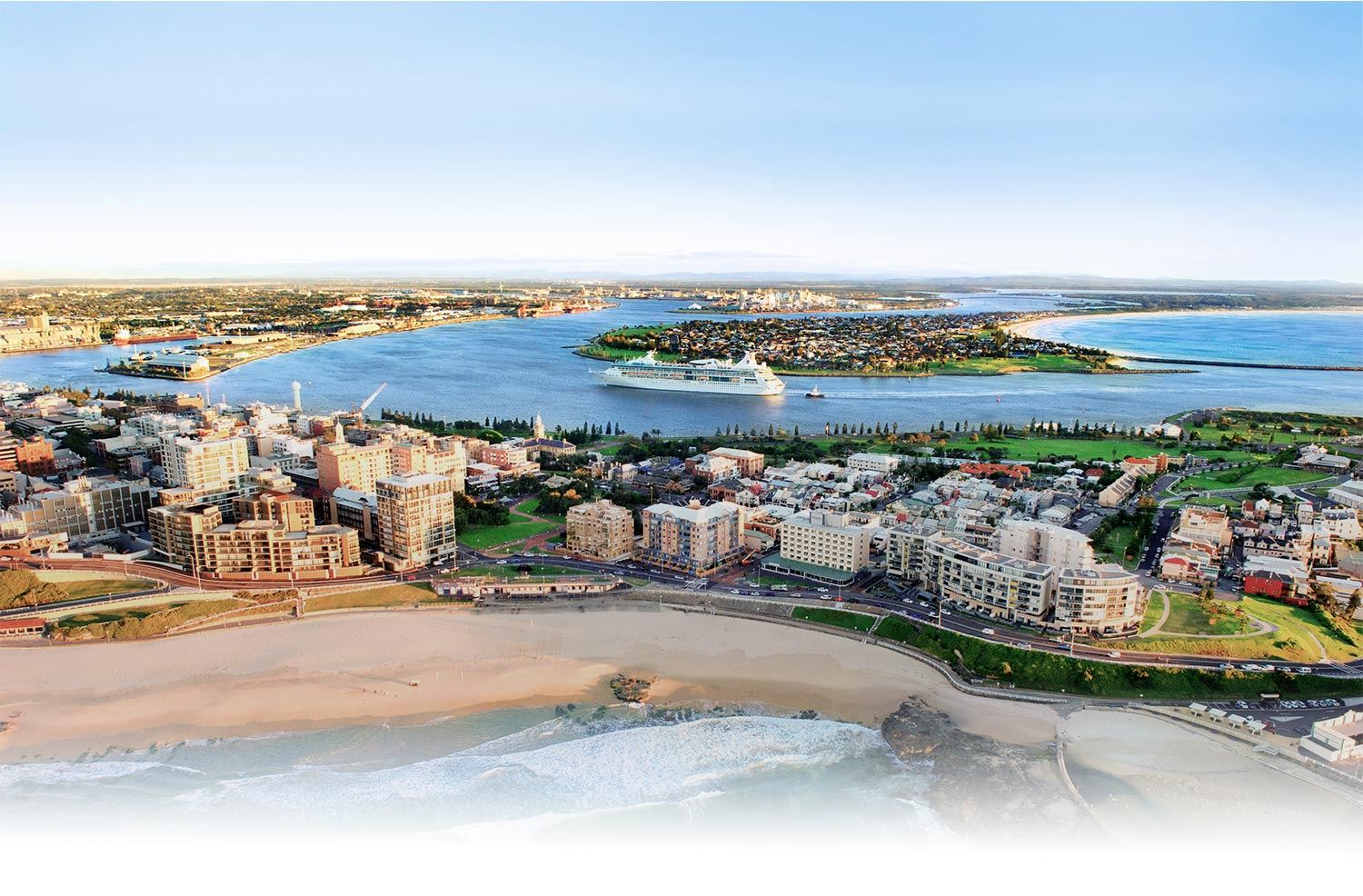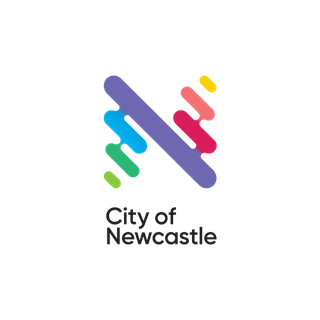
What can I take to Summerhill?
Important notice: The way we track hazardous and high-risk waste has changed.
Information must be provided to the EPA when consigning, transporting or accepting:
You should now use the Integrated Waste Tracking Solution (IWTS) to track hazardous waste, asbestos and waste tyres. The IWTS has replaced the Online Waste Tracking system and WasteLocate. |
Wastes and recyclables that can be taken to Summerhill
The Summerhill Waste Management Centre is licensed by the NSW Environment Protection Authority (EPA) to receive a wide variety of wastes and recyclables.
As it is not possible to identify and list all of the wastes that can or cannot be received by individual facilities, the EPA has developed a system of classifying wastes into one of six categories. That classification system applies throughout NSW and is described in the EPA guidelines.
Summerhill is licensed to receive wastes classified as General Solid Waste according to those guidelines, but is also permitted to receive some Special Wastes, such as asbestos.
NSW legislation requires waste generators to determine what classification their waste falls into so that it can be taken to an appropriate facility.
To assist generators, the EPA has pre-classified a range of common wastes. These pre-classified wastes are set out in Schedule 1 of the Protection of the Environment Operations Act 1997, and also listed in the EPA guidelines.
Some General Solid Wastes that can be accepted at Summerhill include:
- Food and garden waste
- Domestic recyclables e.g. paper, cardboard, plastic and glass
- Household bulk waste e.g. furniture, mattresses
- Building and demolition waste e.g. wood, bricks, tiles, asphalt, concrete
- Road base or excavated wastes from uncontaminated sites e.g. sand, gravel, asphalt
- Clean, uncontaminated soils and some low-level contaminated soils
- Scrap metal and metal products e.g. whitegoods, car parts
- Electrical waste e.g. cameras, computers, heaters, power tools.
Please note that as well as waste classification limits, the physical size of wastes that can be brought to Summerhill is limited to what can be physically managed by equipment on site. For example, whole car bodies are too large to be handled safely.
Wastes that have extra requirements before they can be taken to Summerhill
Some wastes that can be taken to Summerhill require special handling to manage safety risks, environmental risks or other issues associated with them. Summerhill refers to these wastes as Difficult or Offensive Wastes. These wastes may be dusty, odorous, contain asbestos or have other characteristics that need to be managed.
Summerhill has developed a range of fact sheets (available for download on this page) that describe the additional requirements that apply to various Difficult or Offensive Wastes.
Wastes that cannot be taken to Summerhill
There are a number of wastes that cannot be taken to Summerhill. This may be because they cannot be classified as general solid waste, are incompatible with other wastes at Summerhill, present unacceptable safety or environmental risks or otherwise require specialised facilities to manage them.
Again, it is not possible to list all prohibited wastes, but the following list provides an indication of some of the wastes that cannot be taken to Summerhill*:
- Liquid waste
- Radioactive wastes
- Explosives
- Gases (compressed, liquefied or dissolved under pressure)
- Flammable solids or substances liable to spontaneous combustion
- Substances which emit flammable gases, acids or alkalis when in contact with water
- Hazardous wastes or toxic substances (including pesticides, oxidising agents, organic peroxides and corrosive substances)
- Pharmaceutical, drug or medicine waste
- Cytotoxic waste
- Untreated clinical waste or sharps waste
- Sealed drums
- Bulk polystyrene or similar wastes.
We are also not able to accept wastes that are too bulky or heavy for our compactor to manoeuvre and crush (e.g. car bodies, industrial equipment).
Please also consider the method that you will use to unload your waste before arriving at Summerhill. Summerhill does not have machinery (e.g. cranes, forklifts) available to assist customers to unload.
If you are unsure about the disposal of a particular waste item, please contact the Summerhill office on (02) 4974 2000 during office hours (8am to 5pm weekdays).
*With the exception of wastes accepted at the Summerhill Community Recycling Centre.
Disposal fact sheets
- Asbestos waste(PDF)
- Asbestos impacted soil (PDF)
- Classified waste (PDF)
- Dusty waste (PDF)
- Secure waste burial(PDF)
- Secure waste destruction(PDF)
- Difficult or Offensive Wastes (PDF)
- Synthetic mineral fibres (PDF)













